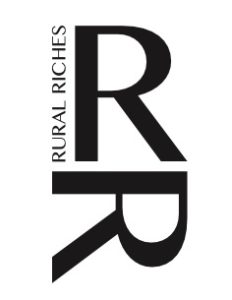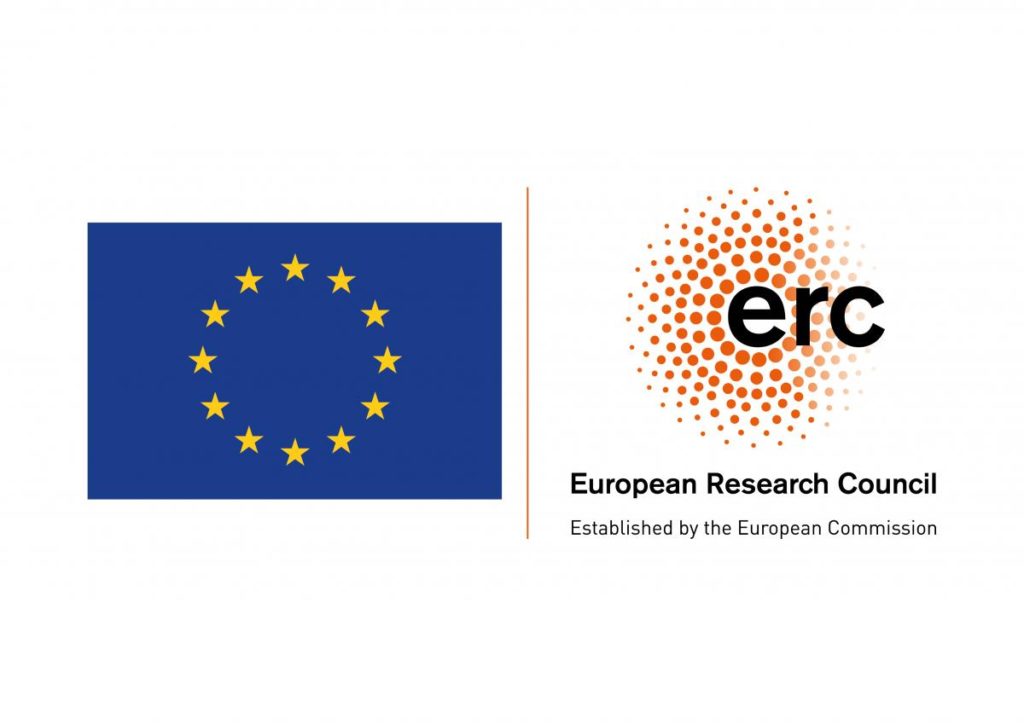Rural Riches
The post-Roman economic development of North-western Europe (450-640)

Rural Riches is an archaeological project aimed at studying the nature of the economic development in Northwestern Europe (Northern Gaul) after the collapse of the Roman State. It is based on an ERC Advanced Grant to the principle investigator prof. dr. Frans Theuws.
The question as to how Europe emerged from the collapse of the Roman state in the West has been the subject of academic debate for over a century. The role of the rural population in this development, however, has insufficiently been considered. Judging by the mass of objects found in their graves (see the banner above) they must have been consumers with access to local, regional and global exchange networks. It is our hypothesis that it is rather them than the elite who trigger economic growth.
It is our goal to analyze the wealth in the countryside, the exchange systems rural dwellers were part of, the production of goods and the changing ritual repertoires that seem to trigger the rise in demand of the rural population. Moreover, we will analyze the role of the elite in the economy, ‘the lay of land’ in northern Gaul, and the mobility of members of local groups.
Our methods will be: collecting data on a large scale of sites, material culture and burial rites in Northern Gaul, analyzing distribution patterns using GIS, carry out a contextual analysis of finds, carry out scientific research of various categories of objects to understand production and distribution, study ancient DNA and Isotopes to understand the dynamics of local groups.
Finally, we aim at formulating new models on structural and dynamic aspects of the early medieval economy, linking ritual, production and exchange and considering the nature of demand, the nature of material culture and the relations between production and the imaginary world.
